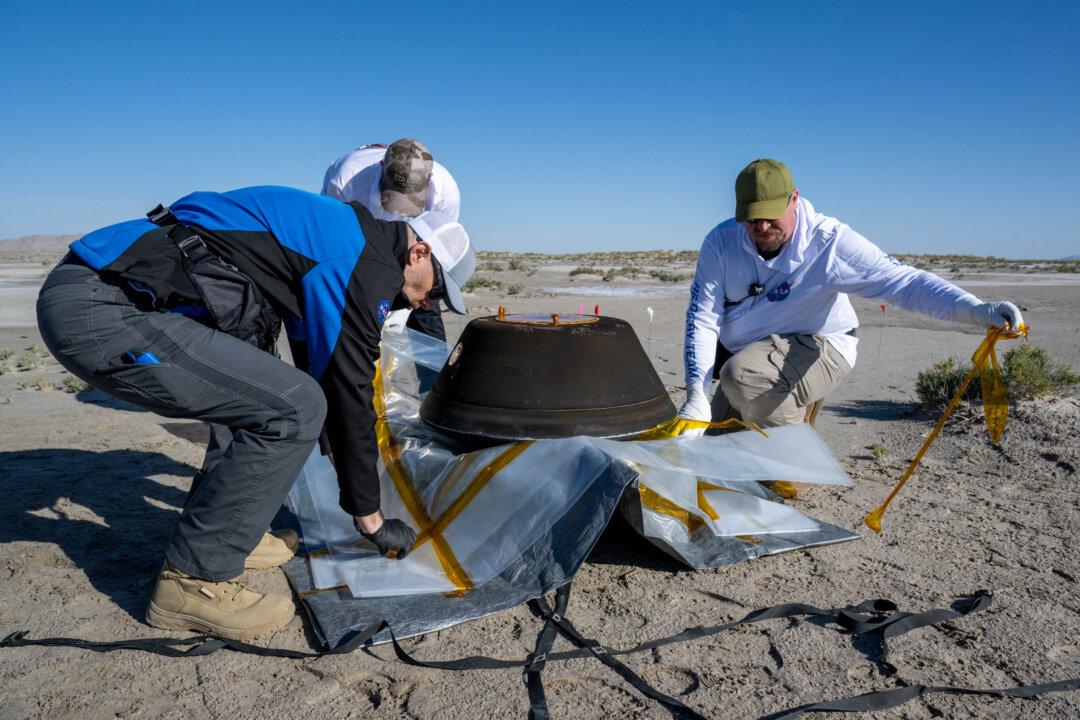Fijians will be allowed to work in Australia for up to three years, Prime Minister Scott Morrison said on Jan. 17, as Canberra expands a regional labour scheme in a bid to win favor with its neighbors amid rising competition from China.
Australia and China are vying for influence in sparsely-populated Pacific island countries that control vast swathes of resource-rich ocean. They both offer cheap loans and grants for infrastructure, but Australia is also seeking to build on cultural ties with its regional neighbors.
As part of that drive, Morrison said Fijian workers can join the Pacific Labour Scheme which allows men and women from several island nations to work in industries such as agriculture and tourism in Australia.

“Our partnership with each other has to be done in the spirit of a family relationship and I think that’s what we’ve been able to achieve today,” Morrison said at press briefing in Suva, Fiji’s capital.
The scheme allows men and women from Kiribati, Nauru, Samoa, Solomon Islands, Tuvalu and Vanuatu aged between 21-45 years old to work in Australia for up to three years.
It is popular with Australian farmers who struggle to hire enough workers for jobs such as picking fruit. Islanders can earn wages in Australia well in excess of their average incomes at home.
“The opportunity is transformational for many,” said Stephen Howes, professor of economics at the Crawford School of Public Policy at the Australian National University.
The expansion of the labour scheme is the second regional announcement made by Morrison who is on a Pacific tour.
In Vanuatu on Jan. 16, Morrison said Australia will allow imports of the kava, an intoxicating drink that is deeply embedded in the social fabric of Pacific islanders.

Kava - once the drink of chiefs and spiritual leaders - is the Pacific’s favorite tipple and a major export market.
Kava imports to Australia have been restricted since 2007 following concern that some indigenous communities were abusing the drink.






